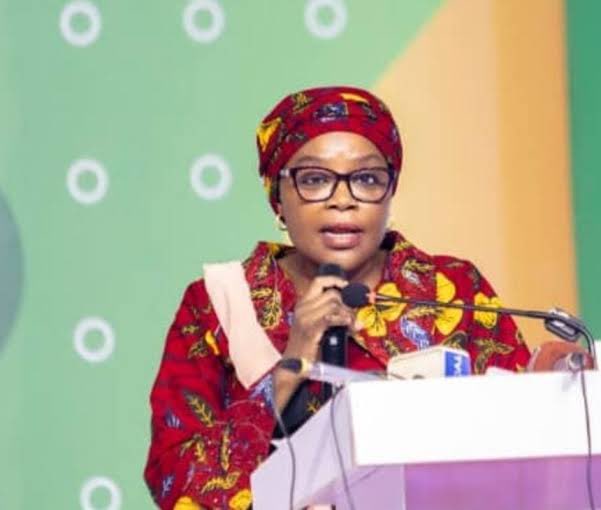The Universal Basic Education Commission (UBEC) has criticised state governments across Nigeria for failing to utilise over ₦250 billion in intervention funds meant to improve basic education infrastructure and teaching conditions.
The Executive Secretary of UBEC, Dr. Aisha Garba, raised the alarm on Monday during the inauguration of a three-day Financial Management Training for fund managers from State Universal Basic Education Boards (SUBEBs) across the 36 states and the Federal Capital Territory (FCT).
The training targets Directors of Finance and Accounts, Heads of Internal Audit, and Matching Grant Desk Officers, aiming to boost their capacity in effectively managing and disbursing Universal Basic Education (UBE) funds.
Dr. Garba revealed that while ₦92.4 billion in matching grants had been accessed by 25 states and the FCT between January and June 2025, a staggering ₦250 billion remains unused in state accounts.
“The challenge is not just in accessing the UBE Matching Grant, but in the slow and poor utilisation of these funds,” she said. “In some cases, we are seeing non-compliance with fund utilisation guidelines, fund diversion, failure to remit taxes, and disregard for due process in contract awards.”
READ ALSO: UBEC unveils fresh strategy to curb out-of-school children
She noted that these issues undermine the Commission’s efforts to ensure improved teaching and learning conditions in basic schools across the country.
In response to these concerns, UBEC has initiated several reforms, including:
-
A review of utilisation guidelines
-
Development of a new SUBEB Action Plan template
-
Capacity-building programmes for UBEC and SUBEB personnel both locally and internationally
Despite these reforms, Dr. Garba stressed that the slow utilisation of funds remains a major setback.
She also announced that in addition to the matching grants, UBEC had disbursed:
-
₦19 billion for the 2023/2024 Teacher Professional Development (TPD) fund to 32 states and the FCT
-
₦1.5 billion for the School-Based Management Committee (SBMC) School Improvement Programme, benefiting 1,147 communities across Nigeria
“This training is aimed at equipping fund managers with the skills and accountability tools to ensure that funds are accessed, utilised on time, and properly monitored,” she added.
The Commission hopes this renewed focus on financial management will help ensure that intervention funds directly benefit schools and pupils, especially in underserved communities across Nigeria.



